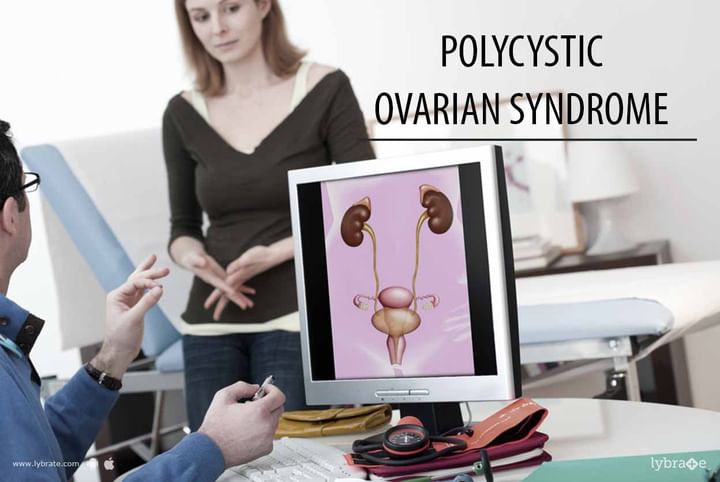Get the App
For Doctors
Login/Sign-up
Last Updated: Jan 10, 2023
BookMark
Report
Polycystic Ovarian Syndrome
Imbalance in the hormones is the primary cause of the polycystic ovarian syndrome. The polycystic ovarian syndrome may result in an enlarged ovary with accumulated fluids. This disorder may lead to various changes in your appearance.
The various symptoms of this disorder are:
- Acne: This disorder may cause or aggravate acne on your skin (learn more about acne problem)
- Abnormal periods: You may face irregularities in your periods as the intervals between periods may extend for more than 35 days or heavy periods.
- Excess androgen: The male hormone known as androgen may increase in the female body which results in facial hair and excessive body hair. It may also cause acne.
- Hair loss: This syndrome may lead to thinning of hair on the scalp and thus, resulting in hair loss (know more Ways to Deal With Hair Loss)
- Enlarged ovaries: The ovaries may be enlarged with various fluid filled sacs.
The various causes of polycystic ovarian syndrome are:
- Low-grade inflammation: The body's immune system produces various substances that fight foreign infections in the body. If you are affected by the polycystic ovarian syndrome, then you are more likely to be affected by inflammation which causes androgen production in the body.
- Heredity: If someone in your family has this disorder then you are more likely to be affected by this disease.
- Insulin: Insulin is a hormone that allows the cells the body to produce energy in the body. You may experience insulin resistance which means energy production in the body may be hampered. It may also lead to increased androgen production which may impair the ovaries’ ovulation ability.
Polycystic ovarian syndrome may lead to various complications in the body:
- Sleep apnea
- Irregular blood pressure
- Type 2 diabetes
- It may increase chances of cardiovascular diseases as it may lead to metabolic syndrome
- It may lead to symptoms of anxiety and depression
- You may experience heavy bleeding in the uterine region
- It may lead to complications in the cholesterol levels in the body



+1.svg)
